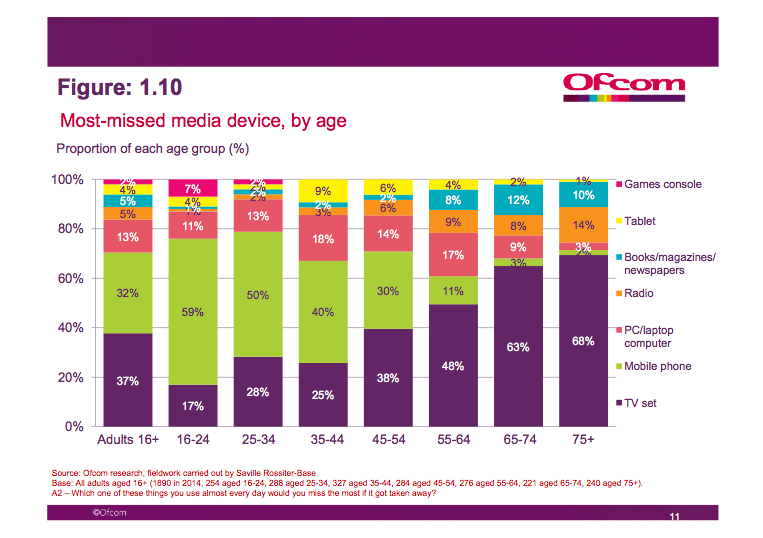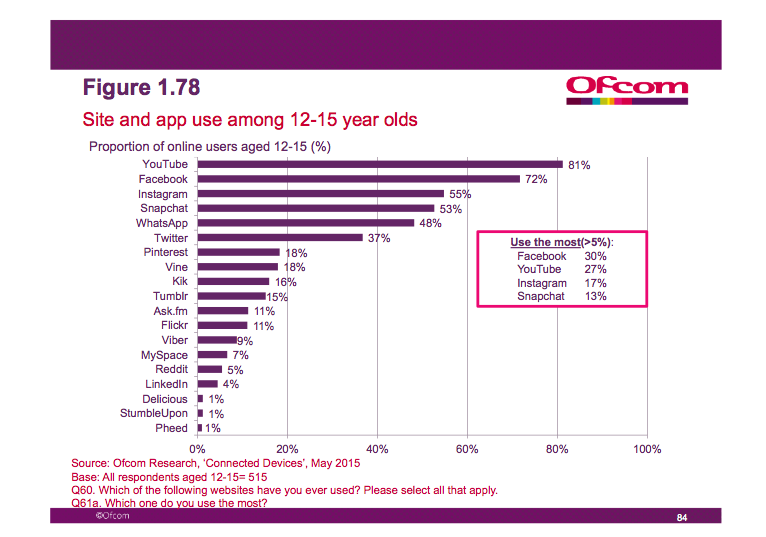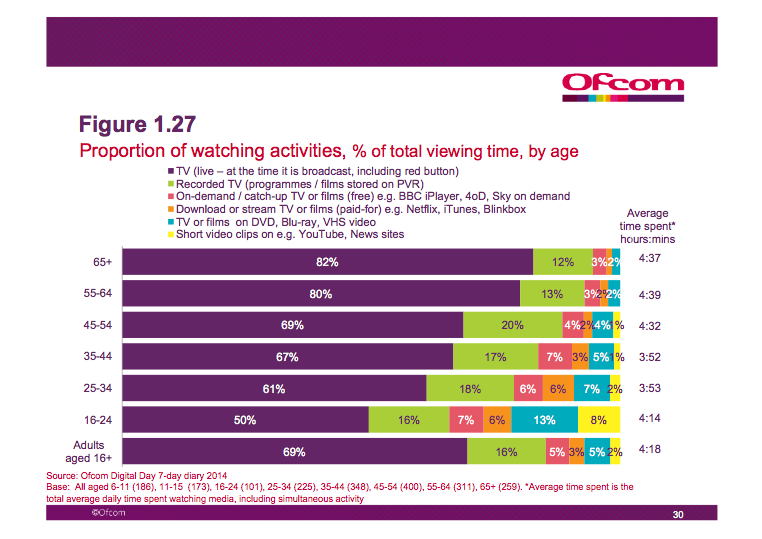We all know that autonomous cars are coming but a question that is often asked is when. Well the following is how I like to think about how the development of autonomous vehicles will unfold. I like to think of it in four stages:
Stage 1 - Feet-off:
This stage has already been reached, in fact, it was reached a few years ago with the introduction of adaptive cruise control and slightly more recently traffic jam assist where the vehicle will slow down even to a halt and then progress again once the traffic moves. Currently the majority of a journey could be completed feet-off.
Stage 2 - Hands-off:
We're almost at this stage as most higher end vehicles allow the driver to take their hands off the wheel for a minimal amount of time and the car will steer along the motorway. Full hands-off is something that is certainly technically viable right now but is limited by safety concerns. As has been seen with Tesla's Autopilot people are idiots behind the wheel (or not in this case). This means that all manufacturers currently require a hand to be placed back on the wheel within 10s of seconds.
It'll likely be around 12-18 months before manufacturers allow full hands-off driving for extended periods of time.
Stage 3 - Eyes-off:
In this stage there still needs to be a driver behind the wheel ready to take over in case of emergency but that driver does not need to be concentrating on the driving or be doing any of the driving. Here you could see the driver perhaps in the drivers seat but reading a magazine or using their phone. This will be largely during motorway type journeys.
As with feet-off driving the technology is pretty much there with manufactures such as Volvo going through thorough testing and refinement. Interestingly, Volvo have pledged that by 2020 nobody will be killed or seriously injured in their cars and in the US since 2009 this has already come true for the XC90 and 9 other models.
Full eyes-off driving is probably another 3-5 years away for the mainstream manufacturers. Perhaps two years away before Tesla puts out a Beta product.
Stage 4 - Driver-off:
This is the final fully autonomous stage where no driver is required to be in the vehicle. This requires some quite substantial developments to happen not only in vehicle technology but in infrastructure, legislation and importantly culture. Following several years of eyes-off testing and refinement it's likely that the vehicle technology will be there and legislation will probably have caught up to an extent that innovators will find a way to bring driverless vehicles on to the roads.
Infrastructure is something that is a concern currently. Given how different roads and associated infrastructure is around the world there may be difficulties, for example, road works are often ad-hoc with no real standard way of closing off lanes and roads, how will autonomous vehicles navigate around ad-hoc road works? Autonomous vehicles will enable great changes to our cities as large car parks become unnecessary and a thing of the past there will need to be large drop-off areas created which currently doesn't exist.
The other thing that needs to happen is a culture change. People today are generally unsure about autonomous vehicles with many say they wouldn't trust or use one. However, as autonomous features are slowly introduced through stages 2 and 3 this nervousness will wane.
This level of autonomy is around another 10 years off, perhaps 15 years for the majority.
So that's how I think about the development of autonomous cars. Don't forget to follow for more posts in the future.









